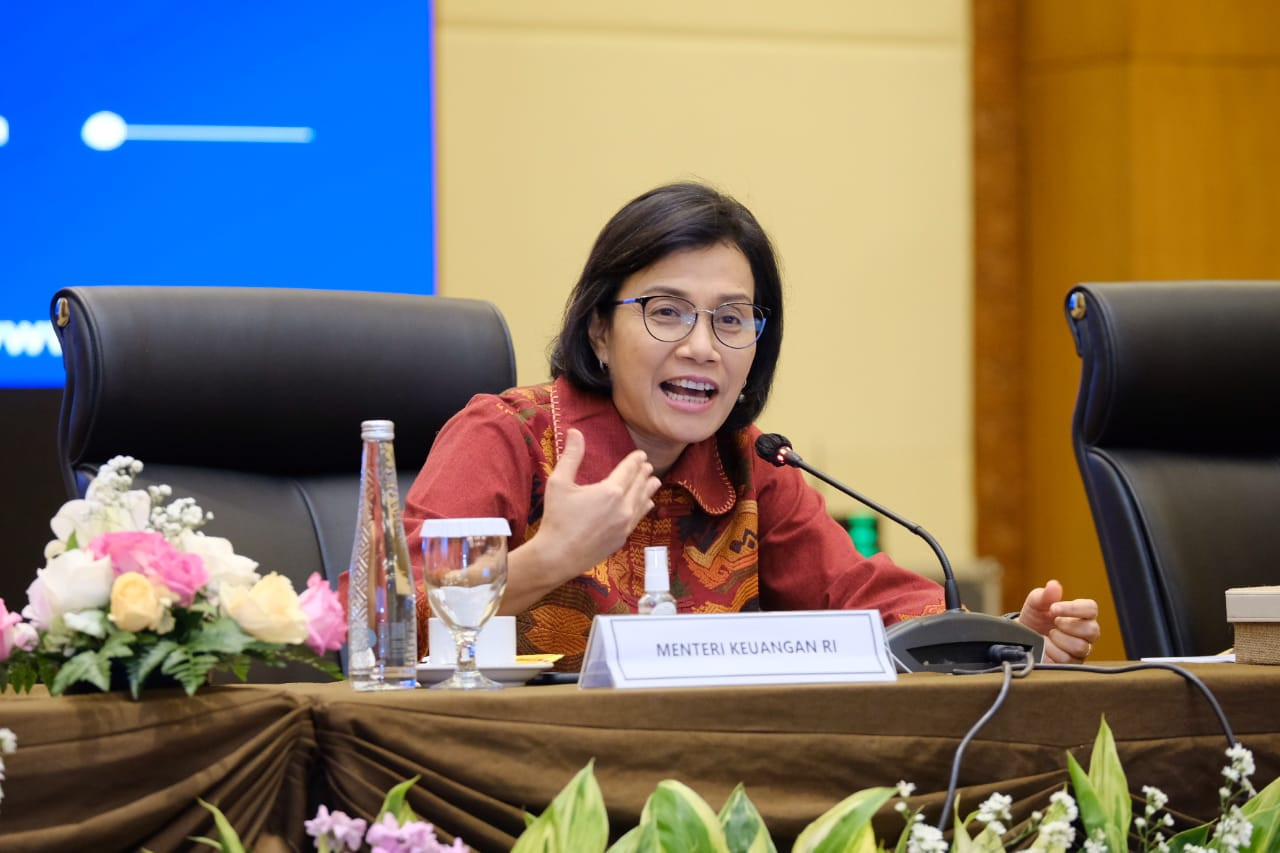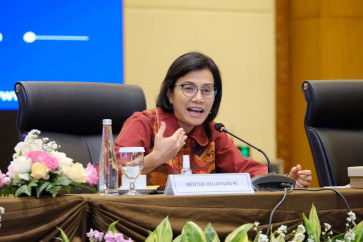Popular Reads
Top Results
Can't find what you're looking for?
View all search resultsPopular Reads
Top Results
Can't find what you're looking for?
View all search resultsSecond tax amnesty suffers from moral hazard
Giving pardon again to tax evaders, who may include corrupt officials, illegal miners and loggers and drug syndicates, would appear as a blank check for money launderers, and such a policy could prompt the Paris-based OECD Financial Action Task Force on Money Laundering (FATF) to blacklist Indonesia as a noncooperative jurisdiction.
Change text size
Gift Premium Articles
to Anyone
T
he second tax amnesty, after the first one which lasted for nine months in 2016-2017, ended last month with a poor record in terms of both the amount of hidden wealth declared and redemption fees collected.
As widely predicted, the six-month tax amnesty led to the declaration of only Rp 595 trillion (US$40.2 billion) worth of hidden assets within the country and overseas and produced only Rp 61 trillion in redemption fees, according to the Finance Ministry.
Yet more disappointing is that of the 247,918 individual and institutional taxpayers who used the facility, more than 78 percent were those who declared hidden assets of only up to Rp 1 billion, 16.60 percent with assets of up to Rp 10 billion, 3.73 percent with assets of up to Rp 100 billion. In addition, 705 taxpayers or 0.28 percent of the total declared assets ranging from Rp 100 billion to Rp 1 trillion and eleven taxpayers with assets of more than Rp 1 trillion.
The tax amnesty seemed to suffer heavily from a moral hazard prevalent among taxpayers due to the acute lack of vigorous law enforcement and investigative audits of tax evaders over the past four years.
This anomaly was confirmed by the fact that almost Rp 33 trillion of the Rp 61 trillion in penalty fines collected in the second tax amnesty were derived from taxpayers who had participated in the first amnesty. This meant they had not been truly honest or not fully straightforward with their assets when they took benefit of the first tax amnesty, which ended in March 2017.
The Rp 595 trillion worth of hidden assets declared in the second tax amnesty, despite the low fines of only between 6 and 11 percent imposed, were still way below the Rp 11 quadrillion in assets the government believed were still hidden by Indonesian taxpayers overseas.
Most analysts had warned last year soon after the enactment of the Tax Harmonization Law in November that another tax amnesty would cause a moral hazard, damage the government’s policymaking credibility and insult the public’s sense of justice.



















